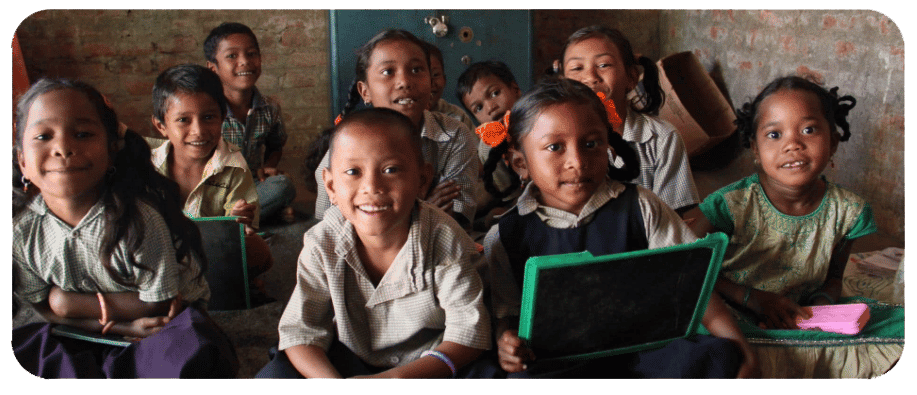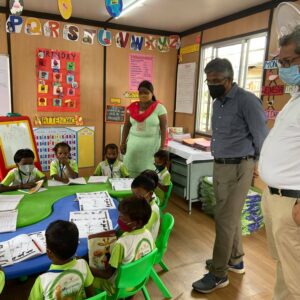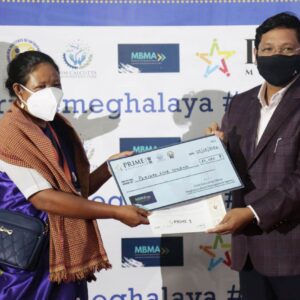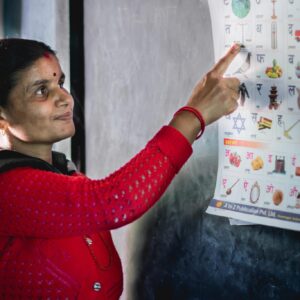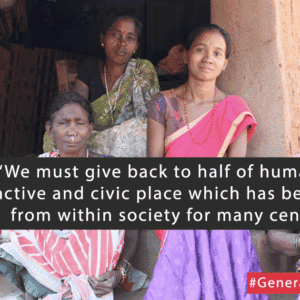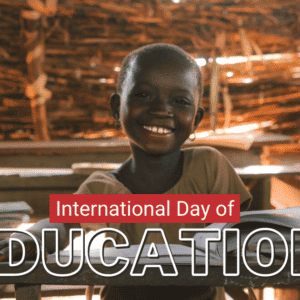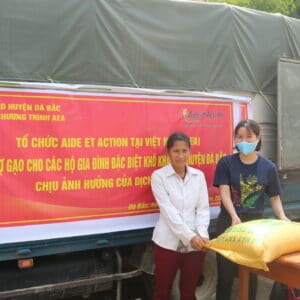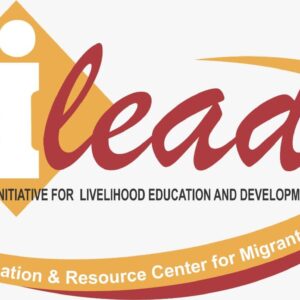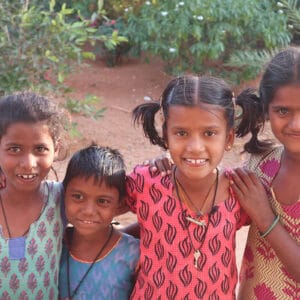New Delhi: The collapse of rural livelihoods in many parts of India forces hundreds of families to migrate from their villages in search of work. A significant number of young children migrate along with their parents for several months. The National Commission of Rural Labour (NCRL) notes a high incidence of child labour in a number of sectors. These children are vulnerable and do not have access to the support, which non-migrant children automatically have. After the enactment of Right to Education Act (2011), which makes elementary education an entitlement for every child in the 6-14 age groups in India, there is a challenge for the state to ensure a fair inclusion of migrant children under the ambit of the act.
With the aim to discuss and develop a roadmap for the coordination of strategic interventions for a protective policy framework for internal migrant children in India, a national workshop was organised by Aide et Action International- South Asia on 29-30 November, 2011, at India International Centre (IIC), Delhi. The workshop titled as "Education and Protection of Internal Migrant Children," brought over 80 delegates which includes development professionals, bureaucrats, activists, educationists and academicians- from across India. The two day workshop deliberated on the plight of migrant children in brick kiln, stone crusher, hybrid cotton seed, salt pan, sugarcane farms, construction, conflict migration and other hazardous industry which denies children’s basic right to protection and education. It has also showcased some excellent grass root level practice of civil society and government agencies in Orissa, Andhra Pradesh, Tamil Nadu, Maharashtra, West Bengal, Meghalaya, and Gujarat to identify and make access to education, and basic support and care for the intra district and inter-state migrant children.
Mr. Umi Daniel, Head, Migration Thematic Unit, MiRC, Aide et Action International- South Asia welcomed the participants and elucidated the need and objectives of the National Workshop. In his key note address, Dr.Lakshmidhar Mishra, IAS (Rtd.), Former Labour Secretary, Government of India said it is crucial to retain the children at the originating point and initiate the seasonal hostel to restrict distress migration of children, and ensure continuing education. He emphasised on abolishing child labour in work place and suggested both enforcement and welfare from all wings of government. Participating in the inaugural event, Mr. Yogesh Dube, member of NCPCR, New Delhi has expressed his concern about the growing incidence of migration and particularly vulnerability of children who are excluded from education and forced to work as child labour. He called on the civil society and the government to work together to address the plight of migrant children and reiterated NCPCR’s mandate for protection of children. Ms Rukmini Rao from Gramya Resource Centre, Hyderabad and the Board member of Aide et Action International said, we struggle to put law in place but fail to implement it. "Government is allocating enough resources but the civil society must make sure that the resources are reaching out to the welfare of migrant children.
Prof. Pravin Jha from Jawharlal Nehru University, New Delhi has expressed his concerned on the minimalistic approach by the government in translating the Right to Education (RTE) Act and which resulted an exclusion of migrant children from the RTE. Mr. Indu Prakash Singh, Technical Advisor, Global Social Service Society (IGSSS), City Makers Programme (Homelessness and Urban Poverty), New Delhi has presented the distress condition of urban homeless people and how they are denied their basic citizenship rights. Prof. Anita Chug, National University of Educational Planning and Administrator presented a study on the process of drop out among migrant children.
Mr. Vinod Raina, renowned educationist and a member of drafting committee of the Right to Education Act explained that it is difficult to address the issue of migrant children in the ambit of RTE because of the complex nature of mobility, language, inaccessibility, reintegration of migrant children. Huge effort on resources allocation, coordination, and synergy is required in the host and destination places, to ensure uninterrupted and continuous education for the children of migrant labourer.
Mr. Harsh Mander, Member National Advisory Council of the UPA government and special commissioner to the Supreme Court said, " Migrants in urban area is treated as unwelcomed person or some time treated as illegal entry to the cities doing casual work like rag pickings, manual scavenger etc. And in between, the life of child remains unprotected, unsafe. He said, "A non custodial right based residential school as an approach seems to be more valid. The idea here is to use the school and upgraded it for other children." Prof. Ganesh Devi, Literary critic and activist said, "Mapping and providing school is only the first step but finally, we need to work on the policy/law to be pro migrants; force our law to be for all and not for certain segment of the society, and until and unless government does so, the clash will remain the same."
The two day workshop concluded amidst discussions, where the participants proposed various suggestions pertaining to- special welfare board for the migrant labourers; review of Inter-State Migrant Workmen Act of 1979 with a focus on the vulnerability of migrant families and specially children; special education for migrating children both at sources and destination; special drive to enumerate and map migrant families; convergence of government welfare programme; participation of migrants in governance and ensuring full citizenship rights to migrant in urban and metro cities; urgent need for inter-state-inter-district, government coordination; improve delivery of welfare programme for migrating population and to ensure children’s access to nutrition, basic services, education and protection of rights; emphasised on a need to form a larger network of civil society organisations for influencing and building advocacy on the issue of migrant children’s education.
Media Contact Details
Umi Daniel, Head,
Migration Information Resource Centre (MiRC, Aide et Action)
+91 9937019196, [email protected]


